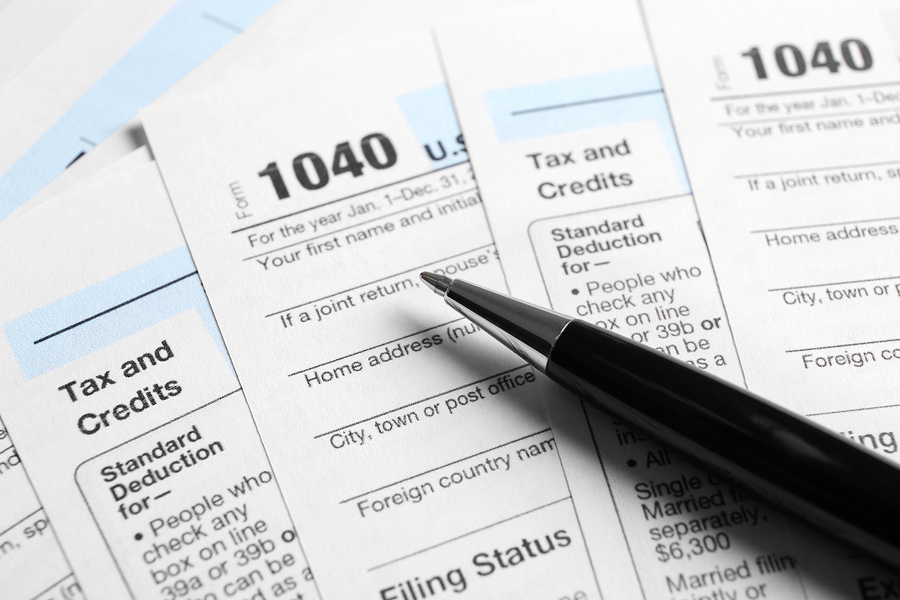
If your income is below the filing requirement, there is no need to file a federal tax return. But for some people, it still makes sense.
There are two main reasons for filing a US income tax return even if you don’t have any income to report.
1. Identity theft, and
2. Identity theft.
I realize it looks like I was repeating myself but I wasn‘t. I’m talking about two different kinds of identity theft. The first is related to an unauthorized person claiming your kids as dependents on their tax return. The second involves someone claiming you, or impersonating you, on a tax return.
Let’s talk about your kids first. Here’s a story I’ve heard several times:
“I’m on SSI and I support my daughter 100%. We get nothing from her father but he claims her every year on his tax return and gets thousands of dollars in refund money. I reported him to the IRS but I haven’t heard anything. I tried to file a tax return but other tax company said I don’t have income so I can’t file. Is there anything I can do to stop him from profiting on my child that he never sees?”
One way to deal with this issue is to report the tax fraud. Here’s more information about how to do that: http://robergtaxsolutions.com/2010/11/how-to-report-tax-fraud/. But here’s the thing–the IRS will never tell you what happens. You’ll never know if the fraud stops. You might not have enough information to give to the IRS to stop the fraud. But if you file a tax return and claim your child as a dependent–that messes up their computers and something is going to happen. The IRS will have to deal with the issue. You’ll need to be prepared to prove that your child lives with you to stop your ex from claiming your child, but hey–with no income, you’re not getting a refund. You’ve got nothing to lose!
Here’s another story that I don’t hear as often, but I have had to deal with before:
I got a letter from the IRS saying that my tax return is wrong and that I shouldn’t have claimed those kids. I don’t understand, I don’t have any kids and I never filed a tax return. What’s going on?
Fraud isn’t limited to claiming kids that aren’t yours; the fraudsters will also use a non-filer’s identity to claim kids that aren’t theirs for huge refunds and then when the IRS investigates, some innocent person who never filed a return gets caught and gets fined. It’s a nightmare to sort this all out.
So how do you protect yourself? File a tax return.
Just because you don’t have any taxable income doesn’t mean you can’t file a tax return. You won’t get any money back, but you can still file an information return just to let the IRS know that you’re out there. Many software programs won’t process the return if you show no income, so you’ll want to plug $1 into the other income section on line 21 for the long form.
You can even file for free with no income from my website. Just go to the “Do Your Own Taxes” tab at the top. Of course, you can always go to the IRS.gov website and use their Free File Online instead. The important thing is that you file a return and protect yourself.


